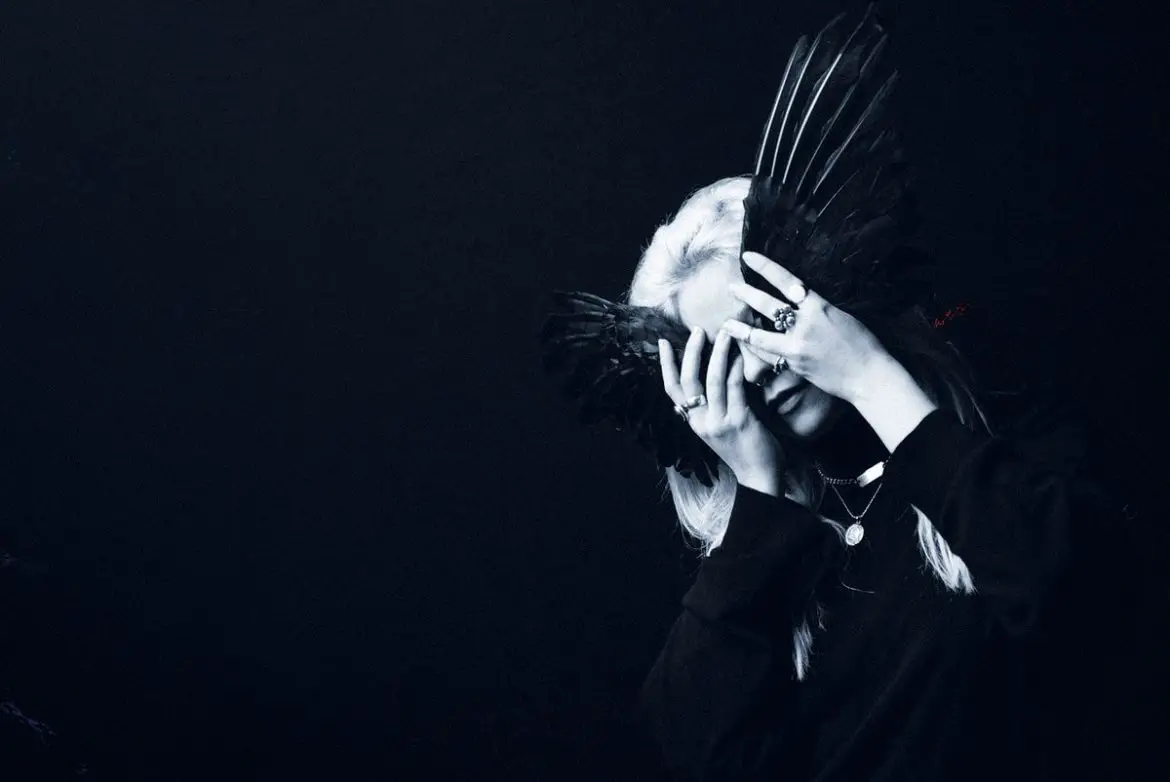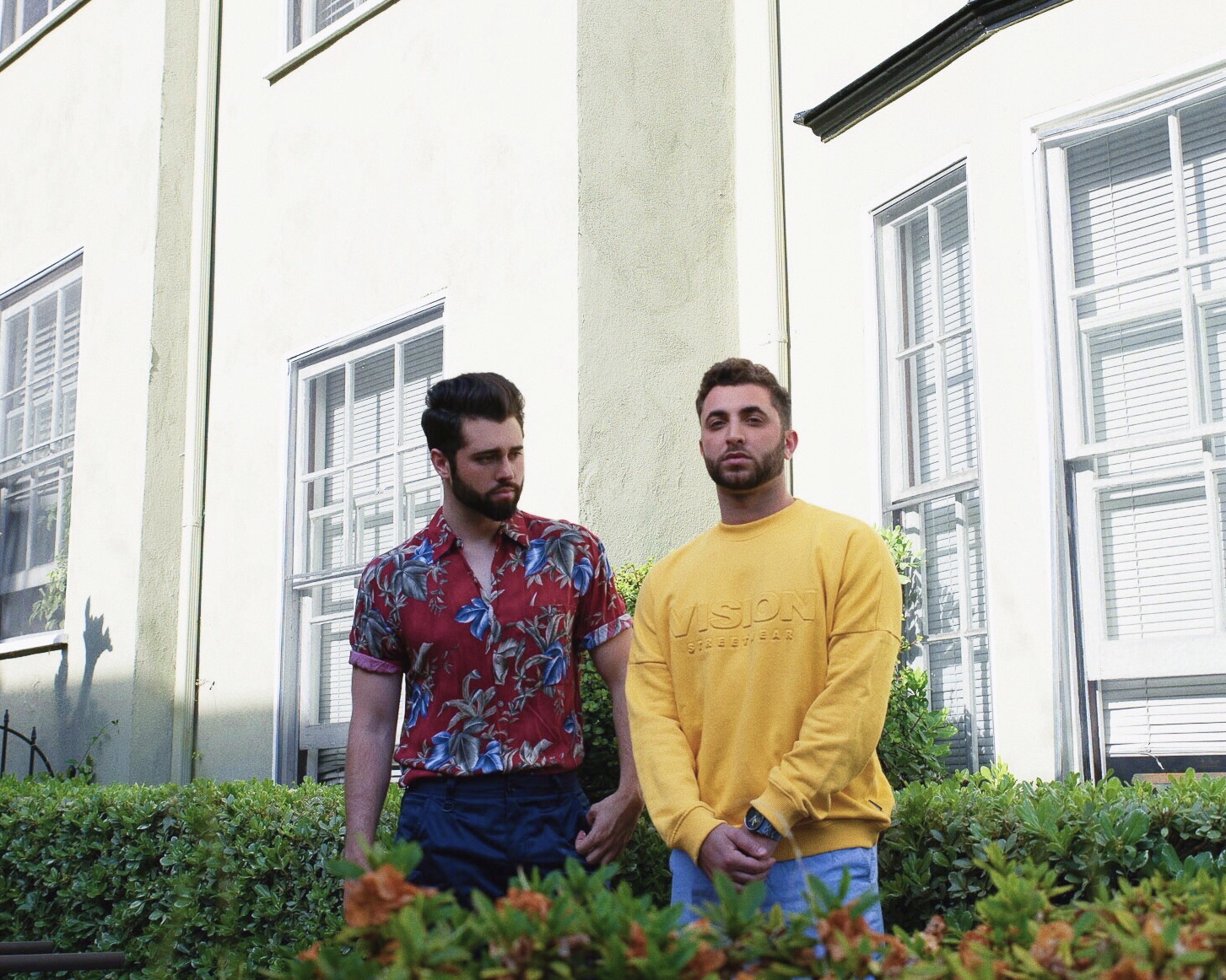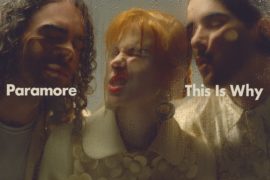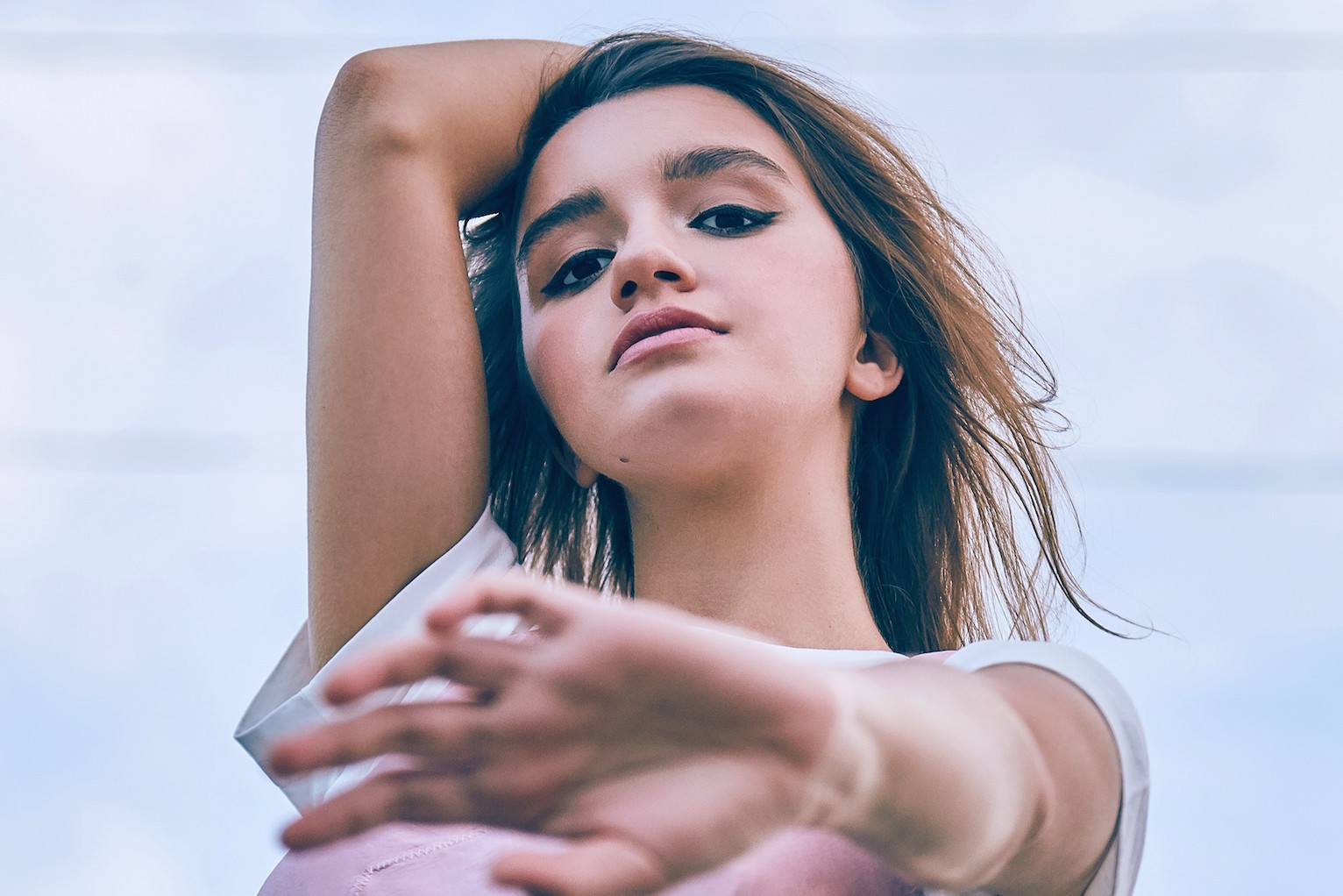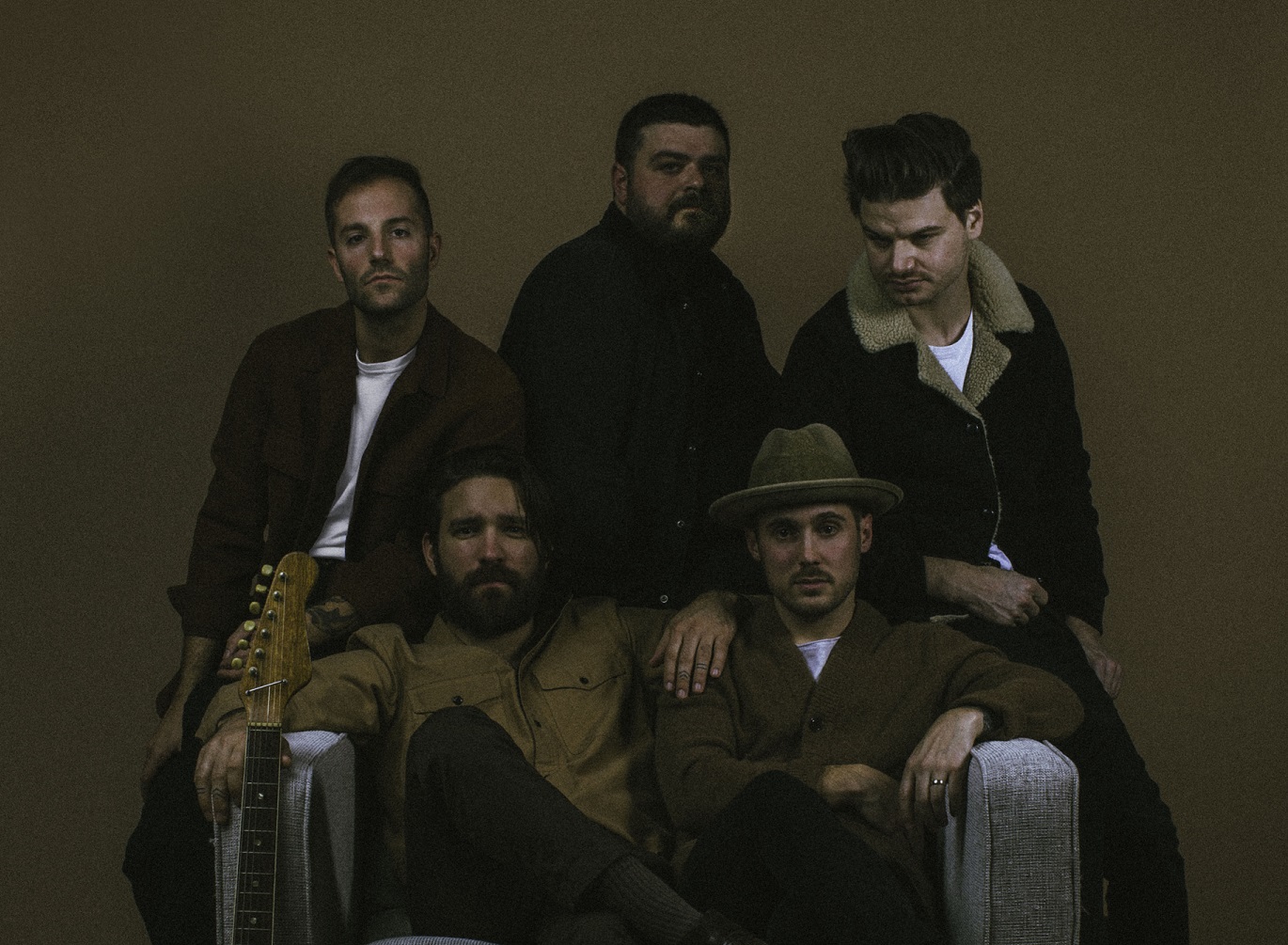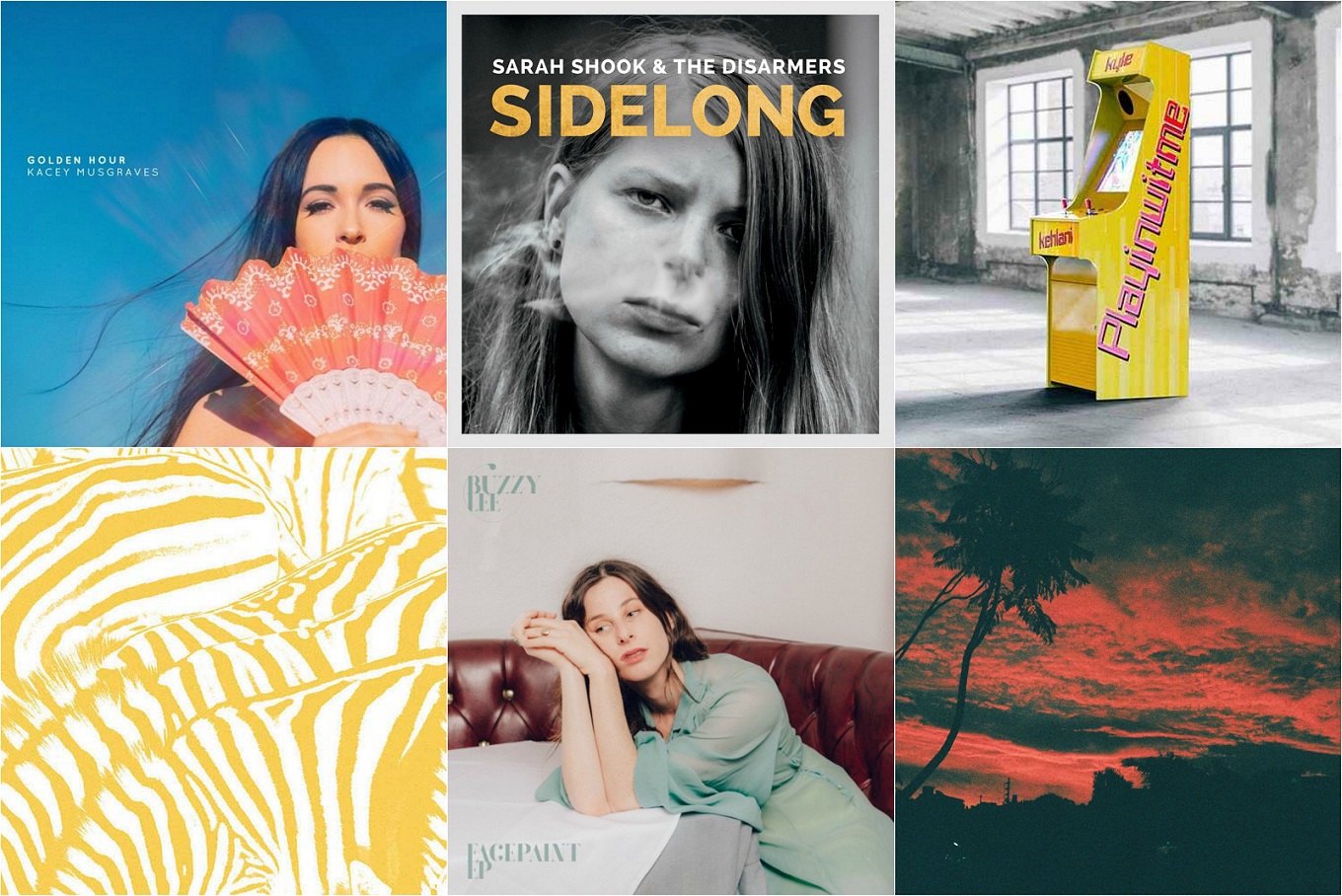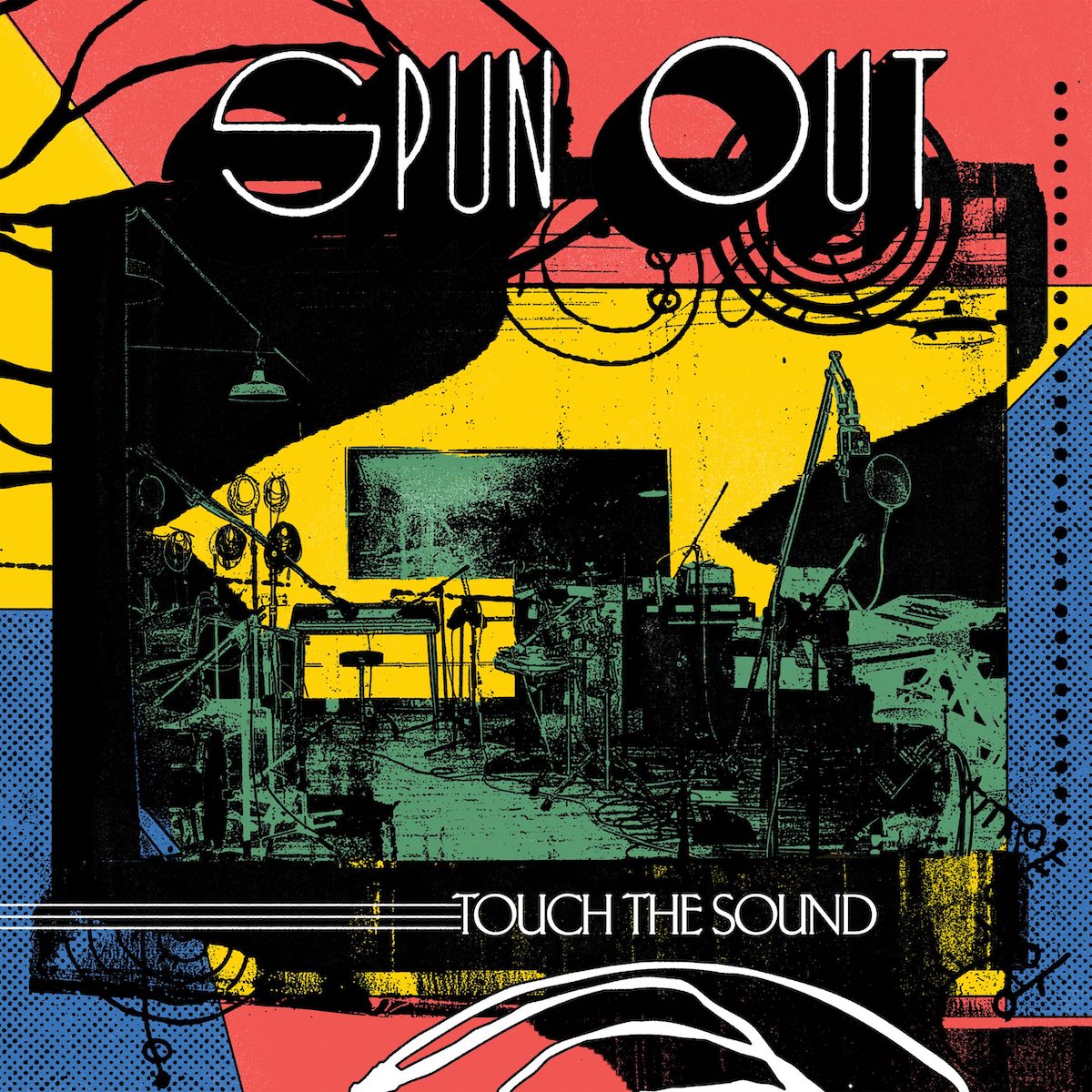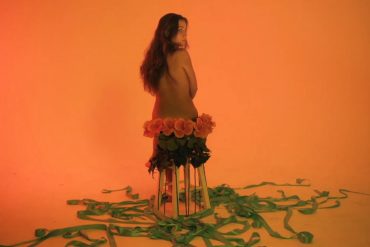London singer/songwriter Anna B Savage’s debut album, ‘A Common Turn’, is a gorgeous, self-contained ecosystem of emotion and poetry.
Stream: “Corncrakes” – Anna B Savage
There were so many question marks and so much not wanting to be presumptuous. As a way of not being presumptuous, I was like, ‘Okay, I’ll just calcify this into a song.’
Anna B Savage’s new record begins with two questions: “Do I understand this / a steady warmth? Have I created this / just in my thoughts?” The short intro song, “A Steady Warmth,” acts as a questioning thesis to the entire record itself. Her first release since her 2015 debut simply entitled EP, A Common Turn (out January 29, 2021 via City Slang Records), is a transcendent record. Savage’s music is not typical. It is made up of the various parts of indie folk and rock, but it is more brutal and more intimate at the same time. Her voice is unlike anyone else’s, sometimes imposingly majestic, sometimes a whisper; her lyrics are alternately a balm and a blade.

A Common Turn questions the nature of female sexuality, the solidity of memories, and the tenuous trust in one’s own feelings. Wielding her training as a poet, Savage creates vivid vignettes of her life, filled with question marks and birds and the familiarity of cultural touchstones like Tim Curry in Rocky Horror and Leonard Cohen’s “Chelsea Hotel #2.” The lyrics are immediate and urgent – on “Dead Pursuits,” she begs of the listener: “Is anyone listening? Will I ever record this?” Her process is spilled across the record like a cup of coffee.
As much is said in the record’s silences as in the lyrics themselves. But the record, despite its darkness and intensity, is also a deep and satisfying exhale. The songs that she re-recorded from EP (“One” and “Two”) have a taller, more inhabited feeling. There is an incredible sense of satisfaction to be found on A Common Turn, both for the listener and clearly for Savage. Like its introductory words, the record exudes a palpable, steady warmth.
Atwood Magazine spoke to Savage about A Common Turn, her newfound fascination with birds, and owning your sexual autonomy.
I realized I can write about anything and anyone that I want to – it’s my experience. That’s something that historically wasn’t afforded to women.
Stream: ‘A Common Turn’ – Anna B Savage
A CONVERSATION WITH ANNA B SAVAGE

Atwood Magazine: This album is so vivid, and there is so much of you in it. So many artists are personal without giving you that confirmation that they’re the speaker – but your name is right there in the lyrics. What is your writing process and why is it so important to you to have your true voice there?
Anna B Savage: My writing process is a little bit painful. I find it really hard to write generally, I think because I’d seen it so much in popular culture that songs just appear and that you don’t have to work for them. That is absolute bullshit. It’s such hard work. I don’t think enough people talk about the intense craft that goes into it. For me, I feel like one of the reasons my [experiences] are so front and center is because it’s one of the only things that I feel qualified to talk about. I don’t know if qualified is the right word. But I’m always amazed when artists come out with something that’s super political and very broad. I’m like, how do you feel confident enough to talk about that? I don’t even trust my own feelings [laughs]. And that’s what I’m trying to talk about. No one’s gonna tell me that I fucked up because I’m just trying to express myself as best I can.
I don’t think enough people talk about the intense craft that goes into [songwriting].
“Baby Grand” seems to be very much about that feeling.
Anna B Savage: I basically wrote that song after a specific night that happened. And I mean that it’s literally laid out almost exactly as it happened. I think one of the reasons why it’s so precise, and why I decided to include so many very specific things like the Edwyn Collins owl mug, or the specific albums that we listened to, was because I wasn’t able to understand what I was feeling in the moment. I thought that at least if I have these touchstones that are real, then I have something to move between – I can ricochet off of them inside my head, if that makes sense.
The guy who directed the video for “Baby Grand” is the guy [Jem Talbot] who I’m talking about in the song. And there is footage from that night in the video. He was my first boyfriend, and we’ve made a film together. The video basically acts as kind of a trailer for this film that we’ve spent the last three years making. The album and the film have had similar timelines, so the two projects are kind of in constant conversation with each other, even though they’re completely separate. “Baby Grand” was written about one of the first nights that me and Jem had been filming together. It feels difficult to explain, because there was so much uncertainty. There were so many question marks and so much not wanting to be presumptuous. As a way of not being presumptuous, I was like, “Okay, I’ll just calcify this into a song.”
Tell me about “Chelsea Hotel #3” and its relationship to Leonard Cohen’s “Chelsea Hotel #2.”
Anna B Savage: It’s weird. I’ve been asked a couple of times, “Are you a massive Leonard Cohen fan?” And I’m like, “No…” It feels really bad to have to say that [laughs]. I guess what I was doing with that is using the song as a jumping off point. There are so many things interwoven for me about gender and passivity in that song. And I think I was also grappling with the historical passivity of the muse. At that point, I had just read the Chris Kraus book I Love Dick. I loved it, and it felt like suddenly everything just opened up for me. I realized I can write about anything and anyone that I want to – it’s my experience. That’s something that historically wasn’t afforded to women. When I found out that “Chelsea Hotel #2” was about Janis Joplin, I was like, “This is ridiculous. She’s not a quiet muse.” Admittedly, he gives her a voice, and it’s funny and it’s great. But I still was grappling with that passivity and that singularly focused view, from artist to muse and from man to woman.
At the same time, I was really pissed off because I’d spent so many years thinking that I wasn’t allowed to be sexual in any way or to have any autonomy over that. I felt like that lack of autonomy had seeped into so much of my life without me knowing because I just hadn’t challenged it. So I knew that I wanted to write about that. I remember playing it to [Jem]. I said, “What do you think?” and he was like, “That’s fucking brave.” And I was like, “Why is it brave? Like, no one’s gonna hear it. What are you talking about?” On one hand I was genuinely thinking that people probably won’t hear it and that I can just talk about my Tim Curry obsession just to myself and no one will know. Then the other part of me thought, actually, I really hope that someone like me, someone who is younger than me, hears this and can be like, “Oh, maybe I’m allowed to masturbate?” Or like, maybe I am allowed to have a bit of fucking autonomy in my sexual experiences.
I…was grappling with that passivity and that singularly focused view, from artist to muse and from man to woman.
So with this Tim Curry reference and the other cultural touchstones that are on this album, were they very intentional or more random?
Anna B Savage: I think some of them are a bit more intentional, and maybe a bit more cynical. That one specifically was about how the first thing that ever made me feel anything sexual was when I was about 11 and I happened to stay up all night watching Rocky Horror on TV. And I was like, “Tim Curry? Holy shit. What is that? I’ve never felt like this.” I don’t think I’d ever admitted that to anyone before and I don’t know why, cause he is hot as fuck [laughs]. I feel like I had these tiny glimpses into what I found exciting and I just never followed those paths, because I didn’t even think that was something that I could do. If I’d have followed that train rather than thinking that there is shame here and I cannot think about it ever again, then maybe I would have gotten to the place where I feel that I’m allowed to have sexual attraction to people and scenarios sooner. Those experiences were formative, and also formative in the fact that I didn’t follow them.
How did all the birds come about?
Anna B Savage: So, I was convinced that I wasn’t ever going to be able to write an album. I was like, “This is fucking never gonna happen. This is like such a nightmare.” About halfway through writing the album, I had this dream where a version of me stood in front of me and said, “By the way, you’ve got half of an album, and it’s got too many birds in it.” Then I woke up and I was like, “I need to put more birds in!” [laughs], “Oh, I’m not gonna trust dream-me, because I need to put more birds in it.” So I decided that I was gonna do a bit more bird watching. That dream was what made me aware of these little moments of birds cropping up in my life. Corncrakes appeared in two different books that I read maybe six weeks apart, and I’d never heard of a corncrake before. I didn’t really know why I put it in the song, but I just knew that it was something that I wanted to grab onto.
Do you find that they all hold a certain significance for you?
Anna B Savage: Yeah, it’s interesting, because now that I’m doing interviews, I’m almost retroactively placing stuff on them that maybe wasn’t there before. As a poetry student, I’m always asking, “Oh, what does it mean? What does it symbolize?” With “Corncrakes,” I didn’t know what I was writing at the time. Now that I look back, and I look at where these corncrakes arose in these books, it makes sense with what I was talking about in terms of my emotions.
In the first book that mentioned corncrakes, The Outrun by Amy Liptrot, her job is to be a corncrake surveyor. Because corncrakes are nocturnal, she has to drive out at night and listen for them and try to spot them. She does it for an entire season and hears one every night, but she never sees one. In the other book that I was reading, The Summer Book by Tove Jansson, it’s this granddaughter and a grandma, and they’re having these experiences on this island. And again, they hear a corncrake but they don’t see it. You know that it’s present, but it’s kind of invisible and just out of your reach at the same time. You’re unable to see it or solidify it. Looking back now, it’s like, “Well, that’s exactly what I’m talking about emotionally [in the song].”
With ‘Corncrakes,’ I didn’t know what I was writing at the time. Now that I look back, and I look at where these corncrakes arose in these books, it makes sense with what I was talking about in terms of my emotions.
I saw a David Lynch quote while I was preparing for this interview where he said “When you finish anything, people want you to then talk about it...A film or a painting – each thing is its own sort of language and it’s not right to try to say the same thing in words. The words are not there.” What’s your take on that? Do you feel like talking about this album is redundant in some sense?
Anna B Savage: It’s fucking weird, I’m not gonna lie. Especially feeling like I worked so hard lyrically to make it feel complete and to feel like it was doing all of the things that I needed it to do. Talking about the album has put me in a really weird headspace. I’m already really self-reflexive, as you can probably tell, and adding that extra layer on top is kind of bizarre. I think this is where I always got stuck when I spent five years trying to write this album. I felt like every interview that I read where a musician was talking about their craft, it was kind of like, “Oh, it’s a slightly magical thing that just kind of happens.” Yeah, that can be true sometimes. But it’s only true if you’ve spent the six weeks before that working on a song every single fucking day and thinking about it just before you go to sleep and thinking about it when you first wake up in the morning.
Every time I write a song, I think, “I’ll never write a song ever again. Like that was a completely bizarre experience. How did that happen?” So to go back into my kind of memory bank and try to articulate like, “What was I thinking about? Why did I put those next to each other?” Maybe my subconscious was kind of explaining it to me more than I knew. I totally agree and completely disagree with that quote, because yeah, it’s really weird to talk about stuff when it’s all there. But equally, [talking about] it does afford something else.

Do you think thinking about things retroactively like this helps you to understand your own work more in a way? Or is it more for other people's benefit that you’re connecting these things?
Anna B Savage: I think it helps me a bit. I also think it’s quite fun to just run with what other people say. If people are like, “Oh, birds are symbolic of your emotions,” it’s like, “Yeah, yes they are!” [laughs] I’m going to try and work out a way to make that true for both you and me. If that’s what someone’s getting from it, then that’s fucking great. These [songs] are now living a life that’s outside of my own brain. Someone else can put their own stuff on it and that is so joyous to me that, yeah, I’ll run with it.
In this genre, there is this very common decision to make a singer’s voice feel almost buried in the mix with a lot of reverb. For most of this album, your voice is so present and so dry. Can you talk about this production choice?
Anna B Savage: I would say it was definitely a conscious choice. William Doyle, who also did my first EP, produced it and I remember him saying to me at some point, “You don’t need reverb on your voice at all. That’s ridiculous.” He is one of my favorite musicians in the world, so I was like, “Okay, I will never use reverb.” [laughs] I actually don’t love reverb because I do think that a lot of the time it hides and dampens stuff, and it makes everything a bit washy. Lyrically, I like things to be as clear as possible and vocally, I feel the same way. [William] was so sensitive to how he thought my stories and my voice would be best presented. I’m so grateful to him for fighting me on the couple of things that he did.
What do you want people to take away from this record?
Anna B Savage: I did this therapy course where you had to boil down what you hoped that you gave to the world. Mine was in relation to other people; I want to create and facilitate things that feel like they could be companions for feelings that are often difficult to express, but that I, for some reason, feel more comfortable expressing. I want my art to be a companion for people.
— —
:: stream/purchase A Common Turn here ::
— — — —

Connect to Anna B Savage on
Facebook, Twitter, Instagram
Discover new music on Atwood Magazine
? © Ebru Yildiz
:: Stream Anna B Savage ::

